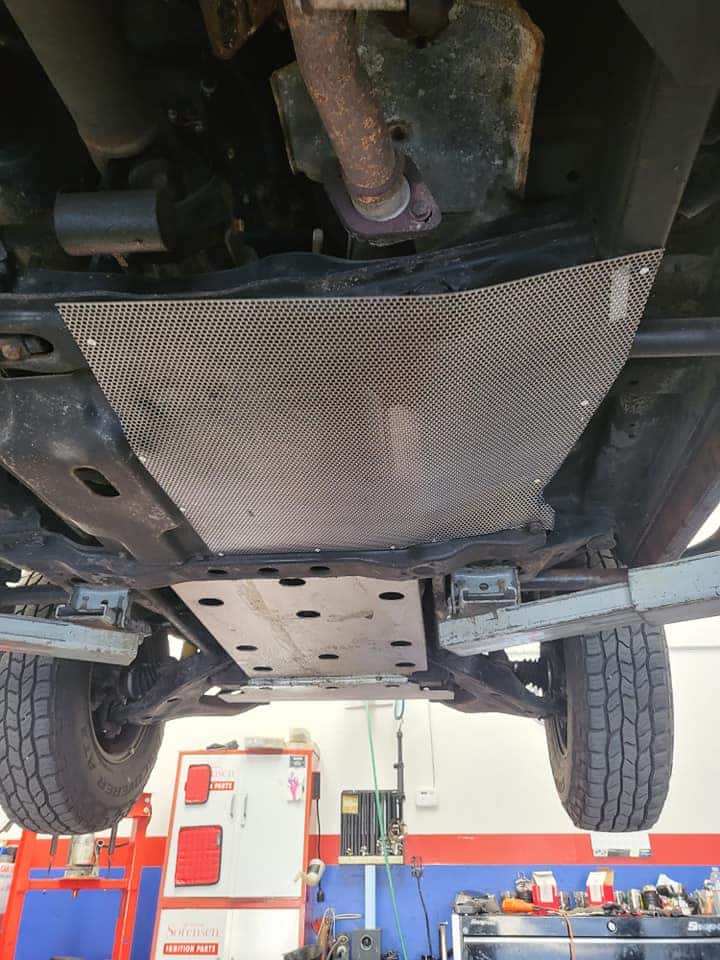Ever got into a conversation about synthetic versus conventional motor oil? If you haven't, it's a discussion that can get as heated up as a car engine in the middle of a long summer's drive. The choice between conventional and synthetic oil represents one of those automotive conundrums that's comparable to the eternal debate between manual and automatic transmissions.
Understanding Synthetic Oil
The first thing to get out of the way: synthetic oil is not ‘artificial.' It's as real as the crude, conventional oil that's pumped from deep beneath the earth. The term ‘synthetic' simply refers to the complex processes it undergoes to create a product that's more consistent in its properties.
Synthetic oil's journey begins with conventional, petroleum-based oil. Through a process known as hydrocracking, natural crude oil is transformed into a base oil. This base oil is then mixed with various additives, each designed to enhance certain properties and improve the oil's performance. The result is a product that's tailor-made to withstand high temperatures, resist thickening, and maintain fluidity in extremely cold weather.
Conventional Oil Explained
As the more ‘traditional' option, conventional oil is the granddaddy of motor oils. It's refined directly from crude oil and offers a good level of protection for most engines. However, it lacks the high-temperature stability and cold-weather performance of synthetic oils.
Over time, conventional oil breaks down and becomes less effective at lubricating the engine's moving parts. This can lead to increased wear and tear over time. It's why conventional oil changes are required more frequently than synthetic ones.
The Showdown: Synthetic vs Conventional
So, which is better? Well, it depends.
If you've got a high-performance car that regularly sees extreme temperatures or heavy use, synthetic oil is your best bet. The high-temperature stability and improved protection against wear and tear can help prolong the life of your engine.
On the other hand, if you're driving an older car that doesn't see much more than trips to the supermarket and the occasional road trip, conventional oil will serve you just fine. It's also a more economical option—synthetic oil typically costs more than conventional oil, but it's worth noting that it offers longer intervals between oil changes.
The Importance of Regular Oil Changes
Regardless of which oil you choose, regular oil changes are vital to your vehicle's health. This simple maintenance task keeps your engine lubricated, prevents buildup of harmful substances, and helps to ensure a longer life for your car. Whether you select synthetic or conventional oil, adhering to your vehicle's recommended oil change schedule is crucial.
As you navigate through these options, it's always great to have a trusted advisor by your side. That's where we come in. With our expertise in automotive maintenance and repair, we can help you understand your options and make the best choice for your vehicle and lifestyle. So, the next time you need an oil change or have a question about your car's maintenance, remember that we're here to help.












